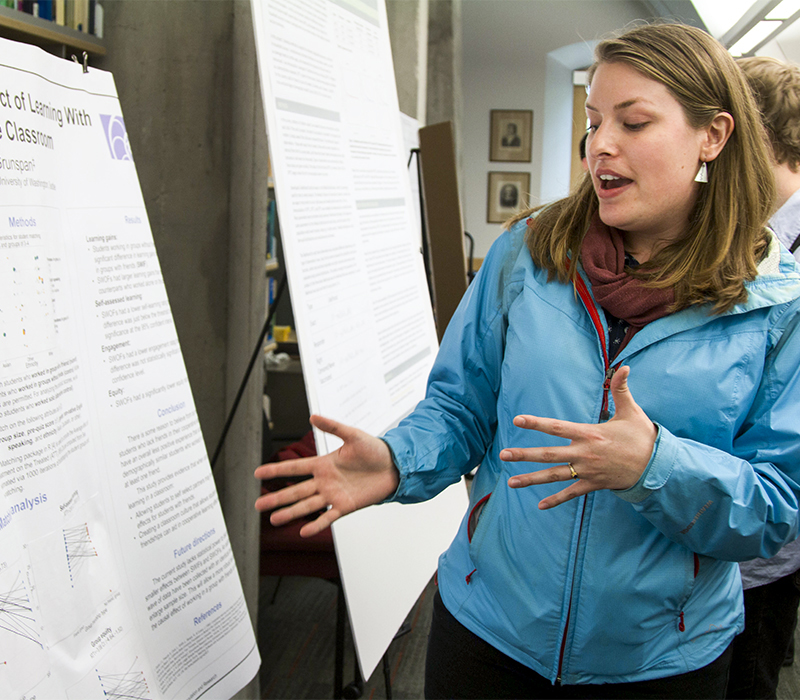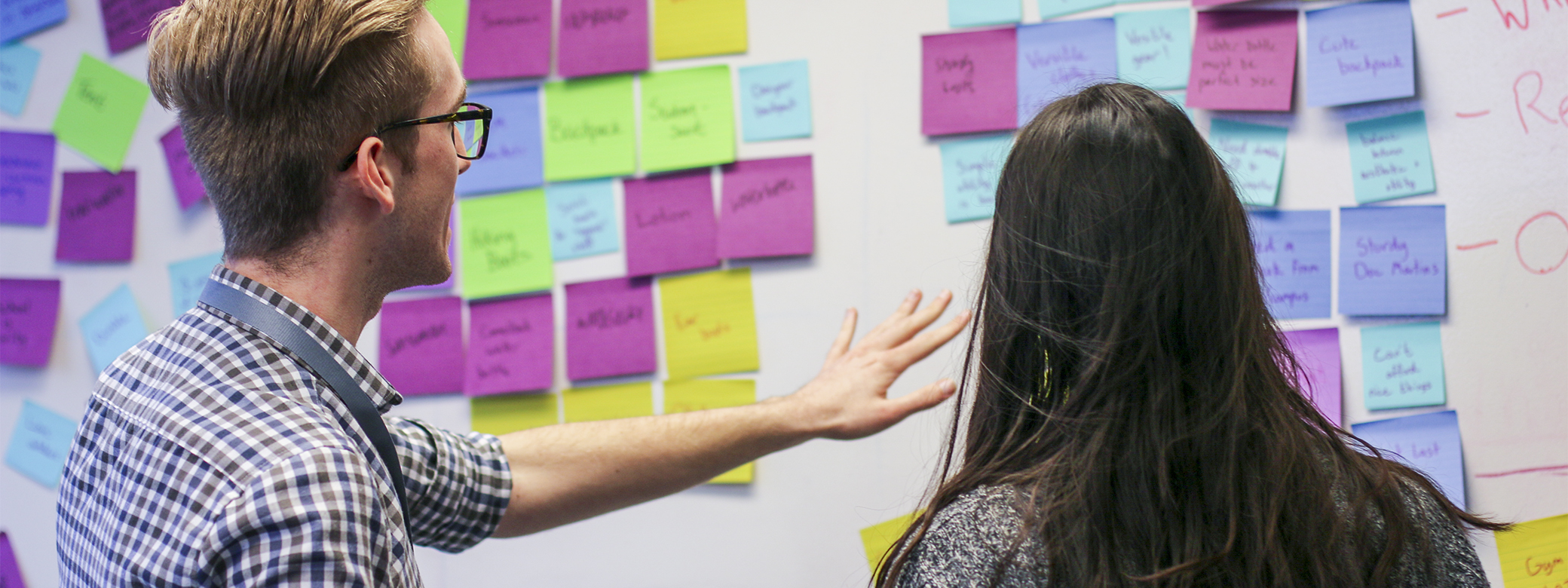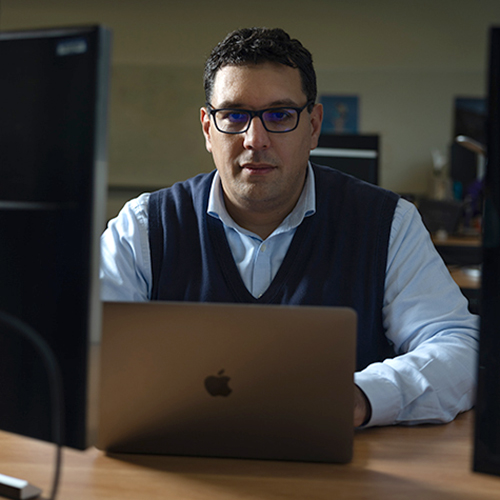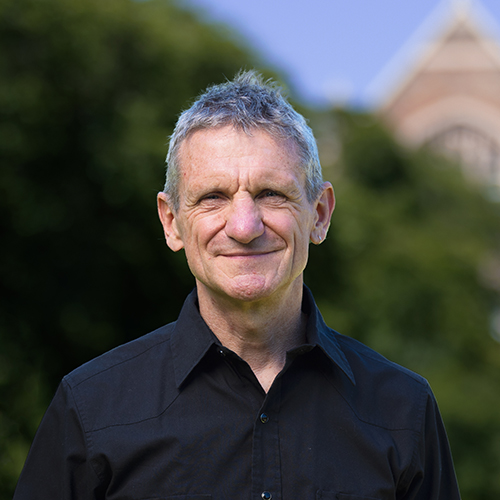
Analyze data to solve real-world problems
At the UW Department of Statistics, we study the science of data. Our students develop tools for designing experiments and analyzing data to answer scientific questions and address critical societal questions. We offer an undergraduate major and minor, as well as a degree in Applied and Computational Mathematical Sciences in partnership with Mathematics, Applied Mathematics, and Computer Science & Engineering. Because our graduate students and faculty focus on solving sophisticated real-world problems, our work is highly multidisciplinary. Our research contributes to advances in a wide range of fields, including demography, economics, image analysis, neuroscience, and public health.
The UW is a global leader in the various subfields of statistics, including causal inference, statistical machine learning, spatio-temporal modeling, high-dimensional data analysis, and Bayesian analysis.. Our Ph.D. program is consistently ranked among the top 10 programs in Statistics and Biostatistics by the US News & World Report.

of Science members
Careers
Students of statistics develop strong analytical and problem-solving skills that are sought after by employers. With the increasing role that technology and big data play in all aspects of modern life, our alumni find successful, rewarding careers in a broad range of fields including government, banking and finance, insurance, health care and education.
Career Paths
A degree in statistics can lead to a career as a(n):
- Data scientist
- Statistician
- Actuary
- Investment banker
- Financial analyst
- Business analyst
- Market research analyst
- Computer systems analyst
- Stock trader
- Educator

Causal Inference
Many critical decisions in the corporate environment require the appropriate measurement of how changes in a certain input result in changes in some output of interest. For instance, will redesigning the website increase customer retention? How much does this new advertisement increase conversions? Or, will instituting this corporate policy prevent certain undesirable behaviors? Yet, as these questions are causal in nature, traditional statistical methods or machine learning systems are unable to provide appropriate answers–or could even lead to counterproductive decision-making. Our causal inference faculty is at the leading edge in the development of novel techniques for the design and analysis of both experimental and observational data, providing the necessary tools for answering such questions correctly and efficiently, in small as well as large scale systems.
Find Yourself in Statistics
Use data to answer scientific questions and analyze complex relationships.




